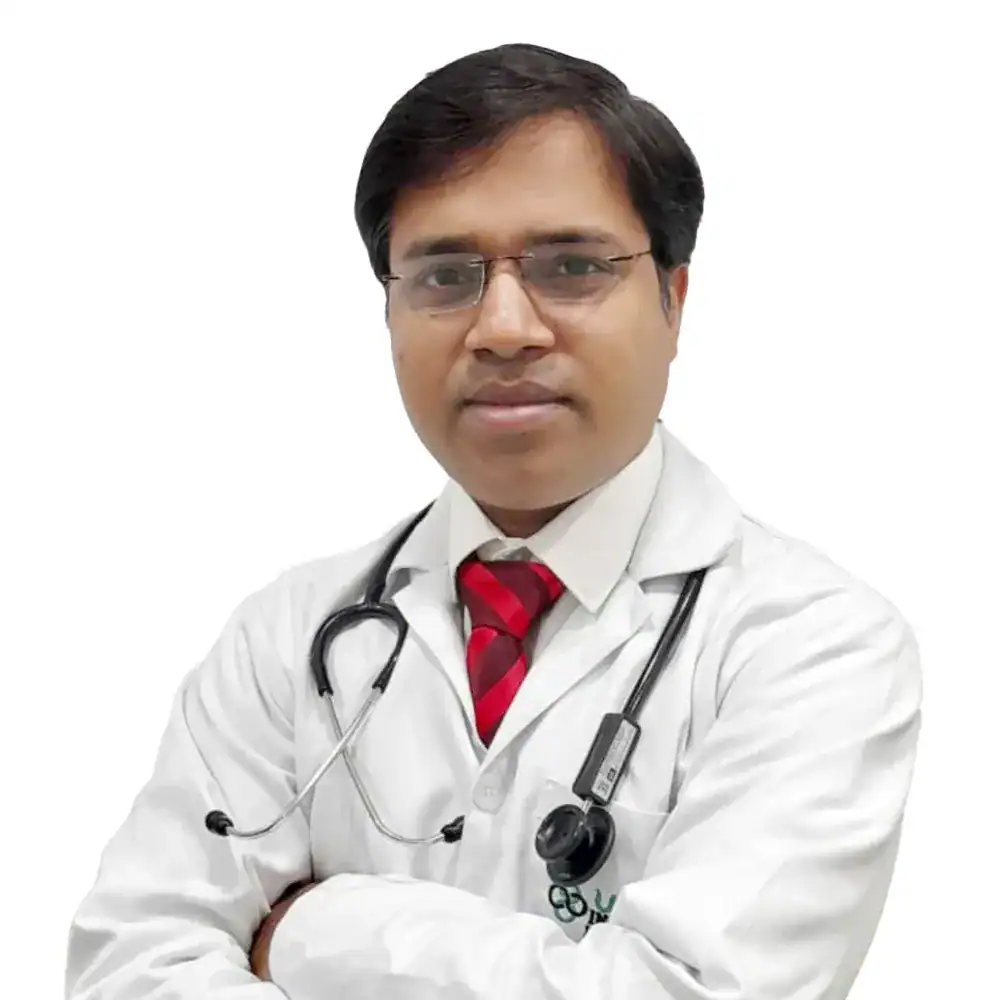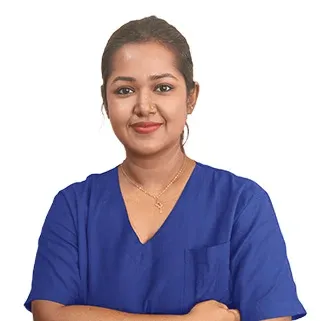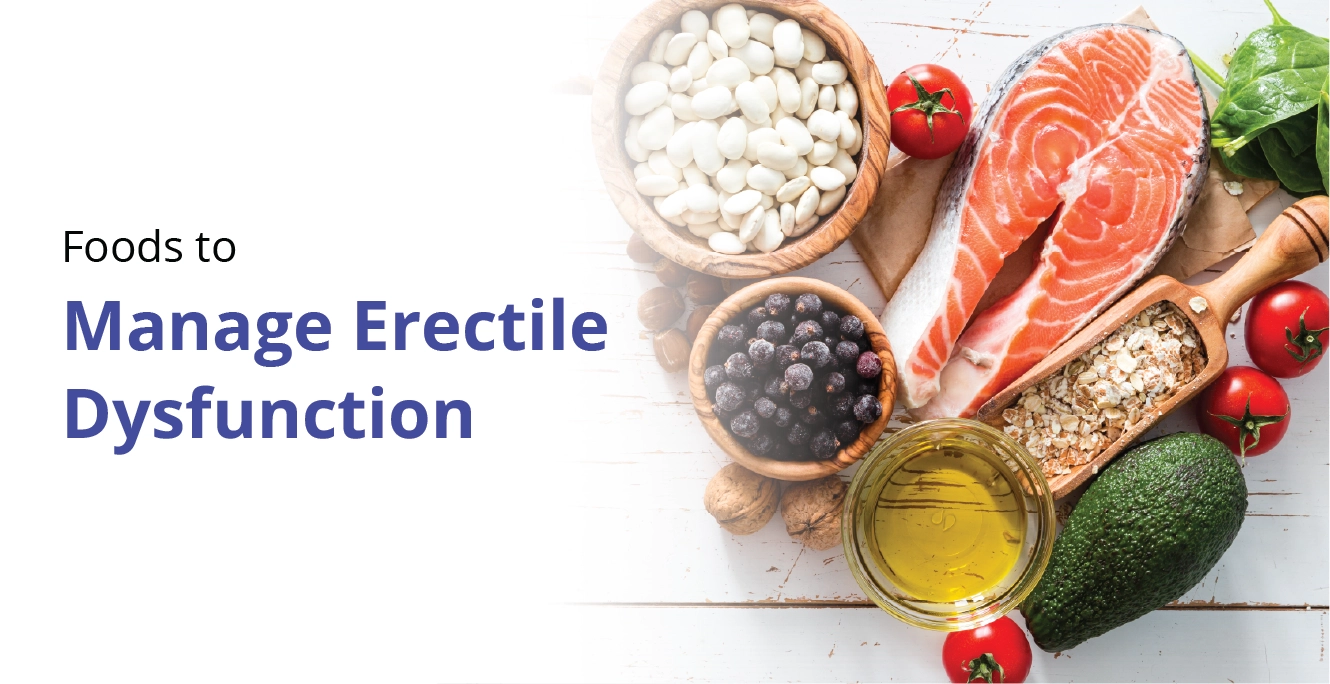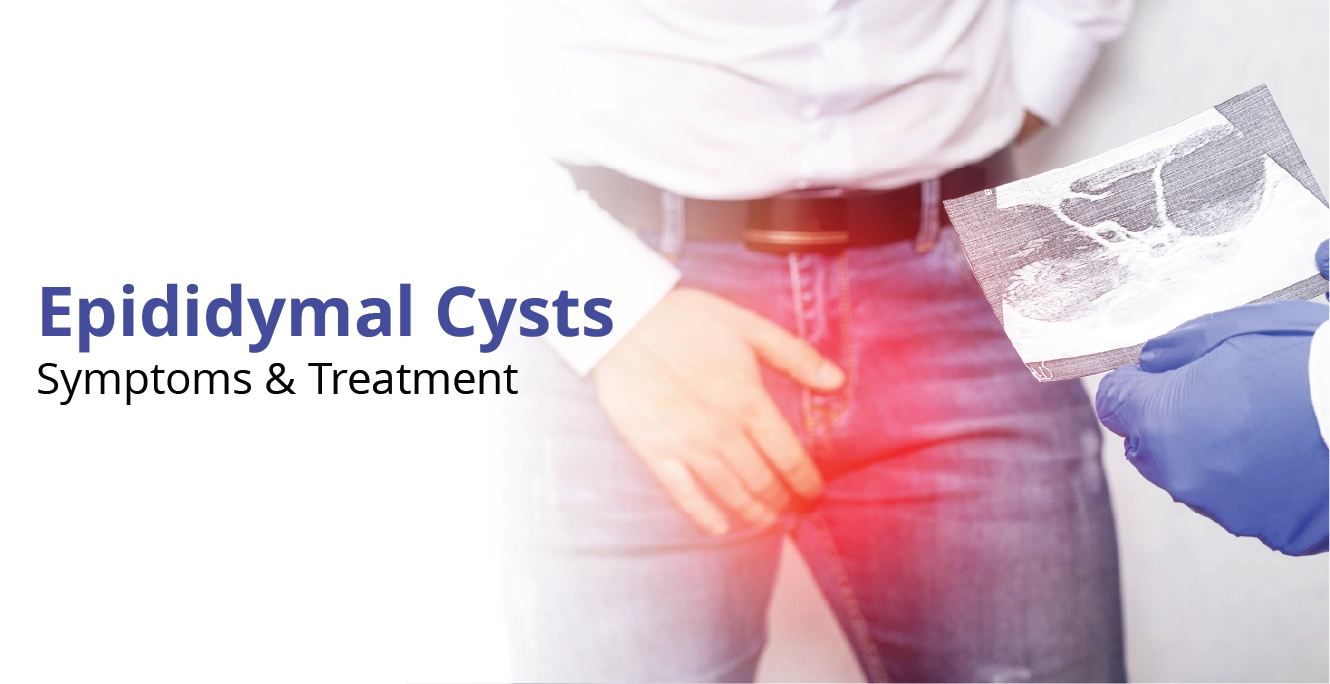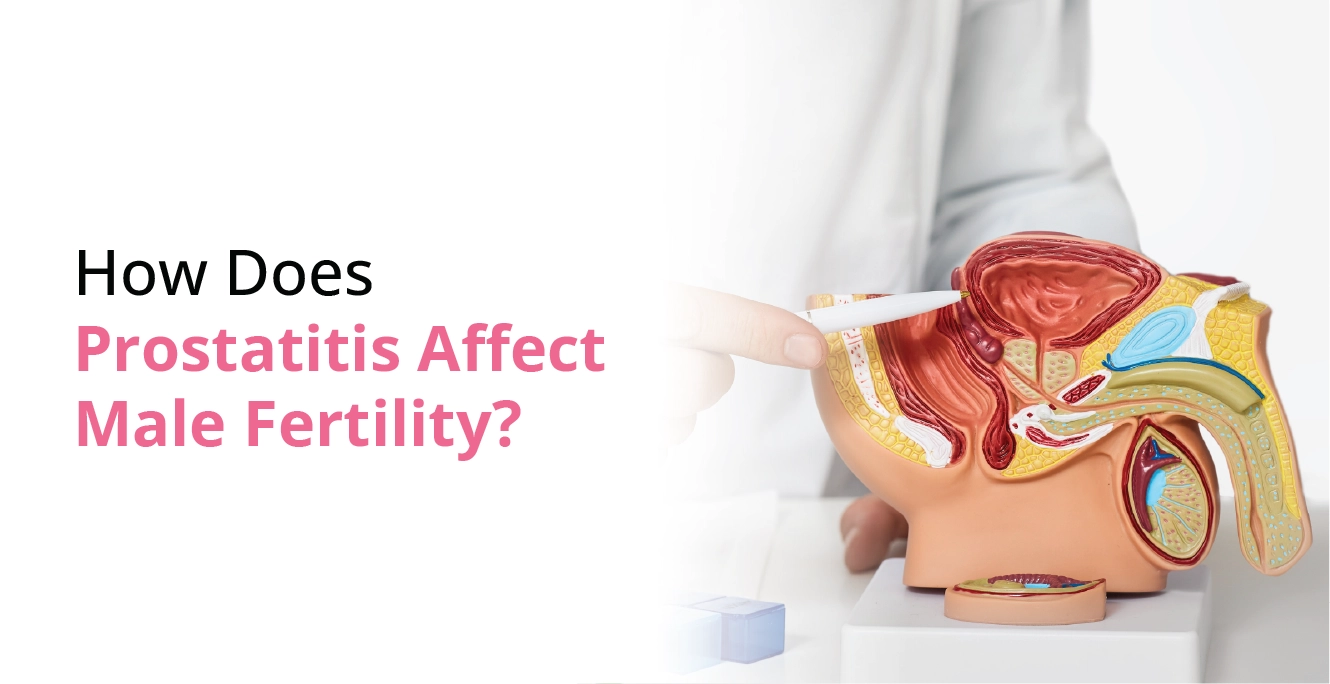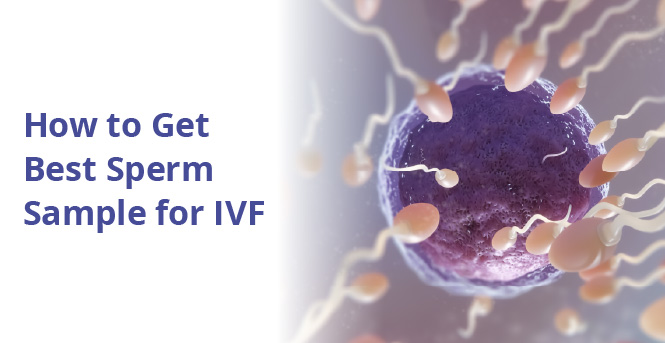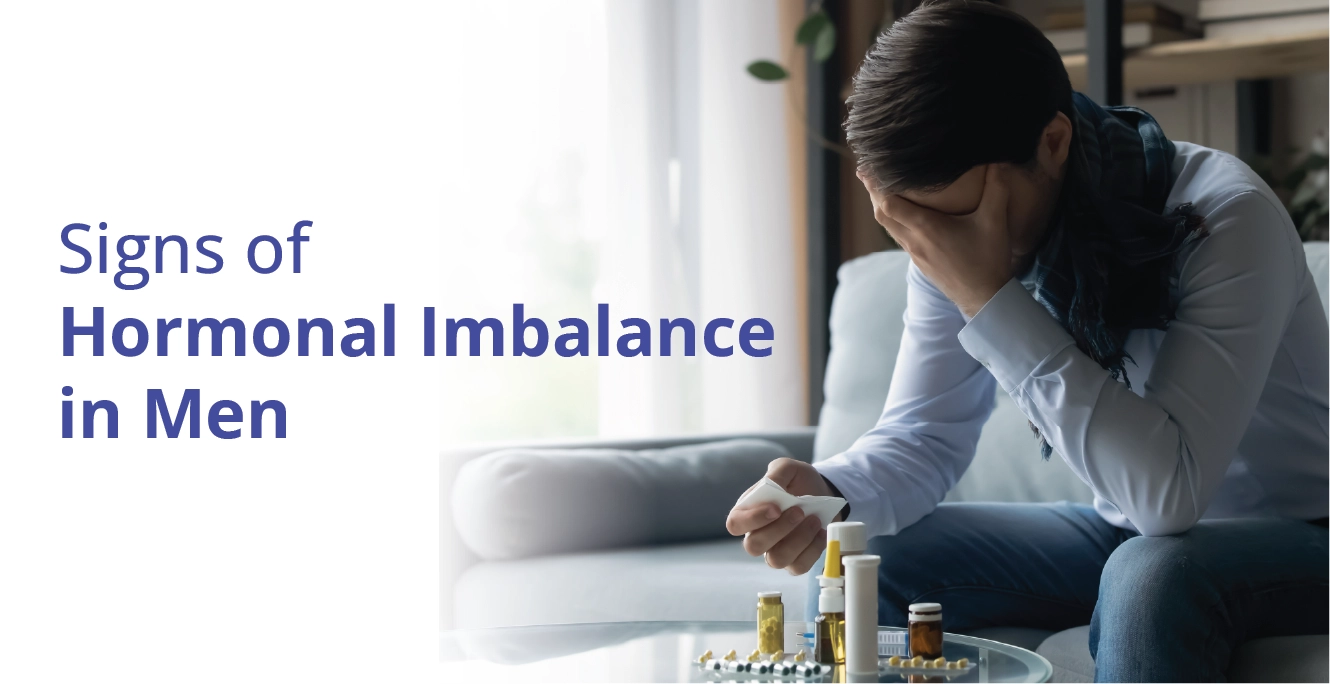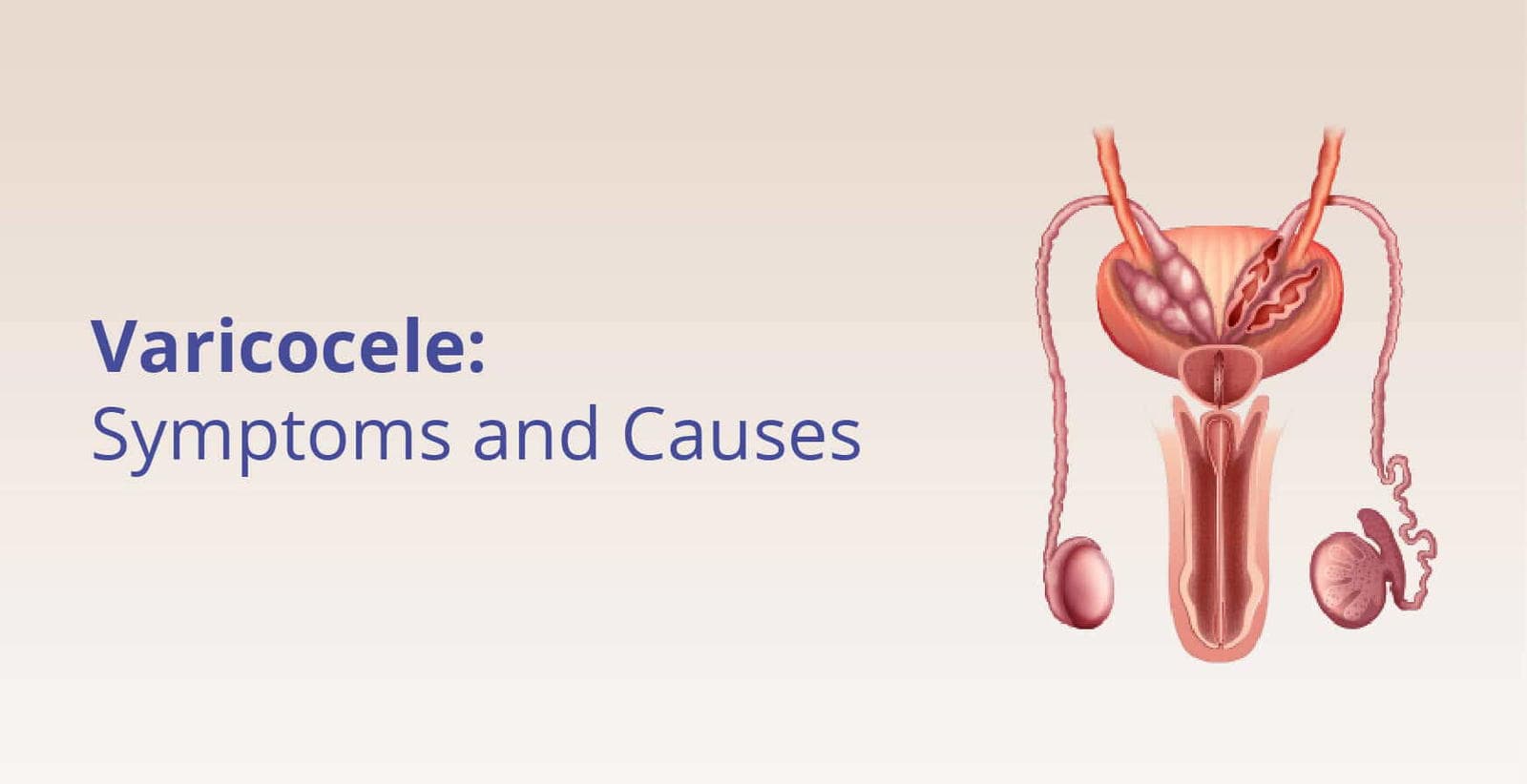
Varicocele – Causes, Symptoms, Diagnosis, & Treatment

Table of Contents
- What is a Varicocele?
- Anatomy of the Male Reproductive System
- Varicocele Symptoms
- Causes of Varicocele
- Varicocele Diagnosis
- Clinical vs. Radiologic Varicocele Grading
- Varicocele Treatment
- What to Expect in Recovery Post Varicocele Treatment?
- Complications of Varicocele
- How to Prevent Varicocele?
- Conclusion:
- FAQs
In historic times, when a couple was unable to conceive, the onus directly fell onto the female partner. It was a popular misconception that infertility is only a women’s health issue. The truth of the matter is that nearly 50% of the total infertility cases are attributed to male infertility. Thanks to evolving Assisted Reproductive Techniques (ART), awareness about infertility issues has spiked and led to a positive dialogue around the issue. One such issue we shall be discussing today is varicocele, a male infertility problem. While there is a high prevalence of this condition, various effective varicocele treatment measures are also available.
What is a Varicocele?
A varicocele is a condition in which the veins inside the scrotum become enlarged, resulting in decreased blood flow and blood pooling in the testicles. It is a rather prevalent issue that primarily affects men during their reproductive years. While varicoceles rarely result in severe symptoms, they can cause fertility issues or discomfort in day-to-day life.
Before we study the concepts of varicocele, let us gather an understanding of the anatomical structures of the male reproductive system and how they function.
Anatomy of the Male Reproductive System
- The male reproductive system broadly includes internal and external organs. Internal organs are the vas deferens, prostate and urethra while the external organs are the penis, scrotum and testicles.
- The scrotum is a loose, pouch-like sac that holds the testicles and ensures that the testes are under a slightly cooler temperature for normal sperm production.
- Testes are small oval organs responsible for making testosterone and the production of sperm.
- The testes are attached to the epididymis which is a long, coiled tube responsible for carrying and storing sperm cells.
- The sperm, after being produced in the testes, travels through the vas deferens and stores in the prostate.
- When a man ejaculates, the sperm from the prostate gets mixed with seminal fluid, travels through the urethra and reaches the penis.
- In addition to the above, the male reproductive system is supported by a large group of veins and blood vessels.
Varicocele Symptoms
In most cases, the first indicator of varicocele is identified by an inability to help your female partner conceive. Varicocele symptoms develop in everyone differently. A large number of men do not display any obvious signs and symptoms while others may have some indicative signs.
Common varicocele symptoms include:
- Pain felt during physical exertion
- Dull pain in the testes
- Decreasing pain when lying on the back
- Worsening pain when standing
- Changes in size and appearance of the testicles
- Swelling in the testicles and scrotum
- Small lump over the affected testicles
Causes of Varicocele
Although the specific causes of varicocele are unknown, various factors may contribute to its development. The primary reason is believed to be faulty valves within the testicular veins, which reduce blood flow and cause vein growth. The following are some of the most common factors for varicocele development:
- Valves Malfunction: Malfunctioning valves in the testicular veins disturb the normal flow of blood, causing it to pool and expand the veins.
- Hereditary: Some reports also suggest a genetic propensity to varicocele. Close family members who have varicoceles may be at a higher risk of having the disorder.
- Hormonal Imbalances: Hormonal imbalances, particularly elevated oestrogen levels, may lead to the development of varicocele. This can interfere with the proper function of venous valves.
- Injury: Any trauma or injury in veins present in the scrotum region that happened due to physical sports, accidents and any other significant reason can lead to varicocele.
- Nutritional Factor: Some researchers have suggested that a deficiency of nutrients can weaken the walls of veins, making them more prone to enlargement and blood pooling.
Varicocele Diagnosis
The diagnosis of varicocele condition involves physical assessments and a few diagnostic tests. Such evaluation helps experts in detecting the root cause of the condition to determine the effective technique for varicocele surgery.
Here are a few common methods used for varicocele diagnosis:
- Medical History: The doctor will ask about your and your family’s medical history to check whether it is hereditary or not.
- Physical Evaluation: In physical examination, the expert will ask the patient to stand up in one place to assess the scrotum region. The expert will evaluate the affected vein and how enlarged it has gotten, also, the doctor will put slight pressure with a finger to check the tenderness or swelling in the scrotum and its nearby region.
- Valsalva Manoeuvre: It is a type of breathing technique that is advised to the patient while an expert is holding to the testicle sac to assess the affected and enlarged veins in the scrotum.
- Ultrasound: It is an imaging test and experts commonly advise ultrasound to assess the severity of the condition to initiate an effective varicocele treatment.
- Doppler Ultrasound: This ultrasound is typically recommended to check the blood flow in the vessels. The reports of Doppler ultrasound give a clear image of the affected region.
- Semen Analysis: When there is a concern regarding fertility, the expert will advise a semen analysis test to detect the sperm motility rate including sperm quality and count. Later the fertility treatment for varicocel is advised based on the reports of the patient.
Clinical vs. Radiologic Varicocele Grading
Once your doctor confirms a varicocele, it’s best to address it without delay. In many cases, your doctor may suggest extra tests to check how severe the varicocele is. This is important because knowing the exact stage helps them choose the treatment that’s right for you.
Varicocele grading is a way of classifying the condition based on the size of the veins and the amount of blood backflow. The grade tells your fertility specialist whether treatment is needed now, later, or at all — and which method will work best.
There are two main ways doctors grade a varicocele:
- Clinical Grading – Based on what can be felt or seen during a physical exam.
- Radiologic Grading – Based on ultrasound/Doppler imaging, which measures vein size and blood flow.
Here’s a simple comparison of both systems:
| Grade | Clinical (Physical Exam) | Radiologic / USG (Ultrasound/Doppler) |
|---|---|---|
| Grade 0 (Subclinical) | Not felt or seen during a physical exam; detected only via ultrasound/Doppler. | Veins under 2 mm; reflux only during Valsalva; no outward signs. |
| Grade 1 (Mild) | Can be felt only when the patient bears down (Valsalva maneuver). | Vein diameter between 2–3 mm; reflux appears only during Valsalva. |
| Grade 2 (Moderate) | Easily felt without Valsalva, but not visible to the naked eye. | Vein diameter ≥ 3 mm; reflux seen at rest and worsens with Valsalva. |
| Grade 3 (Severe) | Visible enlarged veins on the scrotum, often described as a “bag of worms.” | Markedly dilated (> 3 mm), twisted veins with continuous reflux at rest; clear on both gray-scale and Doppler imaging. |
Varicocele Treatment
Varicocele treatment is based on many factors including the age and overall health of the patient, his family and health goals and the grade of varicocele. Each individual is offered a personalised treatment plan tailored to his unique needs and biological markers.
Common treatment options include:
Home Remedies for Varicocele (varicocele natural treatment)
There are several home remedies that you use to improve the symptoms as well as treat varicocele. The home remedies for varicocele include the following:
- Ice packs/cold compresses
- Wear a jockstrap for proper support
- Do yoga and meditation regularly
- Stay away from rigorous physical activities
- Choose fibre-rich diet
- Horse chestnut supplements
- Increase the intake of antioxidant
- Avoid junk, processes and greasy foods
- Avoid refined grains and refined sugar
- Quit smoking and say no to alcohol consumption
- Limit the consumption of caffeine
If you apply these home remedies religiously, you will get to see an amazing improvement in varicocele within a few weeks. Also, it is recommended to consult a specialist on time so that proper and timely treatment along with home remedies can set you free from this problem quickly.
Varicocele Surgery
A varicocele surgery allows the affected vein (with the malfunctioning valve) to be sidelined. Since there is a network of veins supporting the male reproductive system, especially the blood flow to and from the scrotum, it is possible to surgically remove the diseased vein. In a varicocele surgery, your fertility doctor will seal off the affected or damaged vein to restore the flow of the blood into healthy veins.
Surgery for varicocele has benefits including:
- Restoration of the affected testicle to its original size
- Improvement in sperm count
- Improvement in semen quality
- Enhanced fertility & better chances of conception through In-vitro fertilisation (IVF)
Varicocele surgery, however, has several health effects and associated risks. Common risks include:
- Building up of fluid around the testicles
- Recurrence of varicocele
- Infection
- Damage to the artery
- Pain in the testicles
- A buildup of blood around the testicles
Varicocelectomy
Varicocelectomy is a surgical procedure to treat varicocele. In this procedure, the surgeon stops the flow of blood to the affected vein by clipping or stitching it and shutting the vein (litigation). This procedure can be done via two methods –
- Microscopic varicocelectomy – In this procedure, the surgeon makes a small incision on the low groin area to access the affected veins. He/she then stitches or clips them using a powerful microscope.
- Laparoscopic varicocelectomy – In laparoscopic varicocelectomy, the surgeon makes use of medical equipment called the laparoscope. It is a thin, long tube with a tiny camera attached at one end that allows the surgeon to access the varicocele. For this procedure, the surgeon makes several small incisions in the lower abdomen region.
- Embolisation – Another varicocele treatment available today is a procedure known as embolisation. It is an invasive procedure in which the surgeon blocks the affected vein to stop the blood supply from accumulating. This procedure is done by creating a tiny dam and creating a blockage in the vein.
You will be offered general or local anaesthesia for this procedure. Your doctor will insert a tiny tube into your groin or neck and guide it to the treatment site. Through this tube, he/she will release some coils or solution causing scarring to create a blockage in the testicular vein.
What to Expect in Recovery Post Varicocele Treatment?
Recovery after varicocele surgery is typically smooth and involves adherence to medical advice. Below are key aspects to keep in mind during your recovery period:
- Duration of Surgery:
- The varicocele surgery is often performed using modern techniques and usually lasts around 40-45 minutes.
- Resuming Work:
-
- You can generally resume work within 2-3 days after the procedure.
- Always consult your doctor before returning to work to ensure it is safe to do so.
- Dressing and Wound Care:
- Your doctor will guide you on how to change the dressing at home, if necessary.
- Proper care of the surgical site is essential to prevent infections.
- Avoid Strenuous Activities:
- Refrain from heavy lifting or any activity that puts pressure on the treated area.
- Strenuous exercises should also be avoided until your doctor advises otherwise.
- Medications and Supplements:
- Take all prescribed medications and supplements on time to facilitate faster healing.
- Follow the dosage and schedule as instructed by your healthcare provider.
- Use of Supportive Garments:
- Wearing a compression undergarment or scrotal supporter can promote faster recovery.
- It provides additional support and reduces discomfort in the treated area.
- Monitoring for Complications:
- Watch for any unusual signs around the surgical site, such as redness, swelling, or discharge.
- Contact your doctor immediately if you notice anything abnormal to avoid complications.
- Sexual Activity:
- Avoid sexual activities for at least 2-3 weeks post-surgery, or as recommended by your doctor.
- Resuming too early may increase the risk of complications.
- Hydration and Diet:
- Keep your body well-hydrated, as this promotes healing and overall recovery.
- Follow a nutritious diet to support your body’s healing process.
Complications of Varicocele
Varicocele is usually a painless condition. Depending on the grade of varicocele, you may feel varying levels of discomfort and associated symptoms. However, if left unaddressed and untreated, varicocele can lead to various complications including:
- Infertility – The increased amount of temperature in the scrotum disrupts healthy sperm production leading to infertility.
- Shrinking of the testicles – A large portion of the testicles is taken up by the sperm-producing veins. Damaged veins can easily become soft and short leading to the testicles’ shrinkage.
- Hormone imbalance – The pool of blood caused by varicocele can affect pressure levels and hence change the hormonal levels, causing testosterone problems.
How to Prevent Varicocele?
Varicocele is a common condition where veins present in the scrotum become enlarged and painful. To restore the quality of life, here are a few tips that can help in preventing varicocele:
- Wear a supporter or compression undergarment when you are doing heavy weight lifting.
- Eat a healthy diet enriched with vitamins and nutrients.
- Drink plenty of fluids and keep your body hydrated.
- Wear gear whenever you are playing contact sport to avoid any injury in the scrotum region.
Conclusion:
Varicocele is a common condition causing infertility issues in men. However, these issues can be effectively addressed with surgical interventions. If you are experiencing any infertility problems, you can seek expert guidance and care from fertility specialists at Birla Fertility & IVF.
FAQs
What Are the 5 Signs of Varicocele?
Five signs of varicocele are infertility, change in the size of one of the testicles, pain while standing up or sitting, dull pain in the testes and swelling in the scrotum.
What is the Main Cause of Varicocele?
There is no exact cause of varicocele. It is primarily caused by a build-up of a pool of blood in one of the veins in the scrotum disrupting the blood flow.
How Do You Fix a Varicocele?
A varicocele can be effectively treated with surgical interventions. There are several invasive, minimally invasive and non-invasive methods for varicocele treatment.
Can Varicocele Be Cured?
Yes, you can cure varicocele with timely and effective intervention. It is important to treat the varicocele at the right grade and time to avoid complications.
What Happens if a Varicocele is Left Untreated?
An untreated varicocele can cause infertility, testicle shrinkage, and hormonal imbalances in men.
Can Varicoceles Be Repaired Without Surgery?
Non-surgical treatment for varicoceles is called embolization, however, this procedure isn’t as widely used as surgery.
Our Fertility Specialists
Related Blogs
To know more
Birla Fertility & IVF aims at transforming the future of fertility globally, through outstanding clinical outcomes, research, innovation and compassionate care.
Had an IVF Failure?
Talk to our fertility experts

 Our Centers
Our Centers





